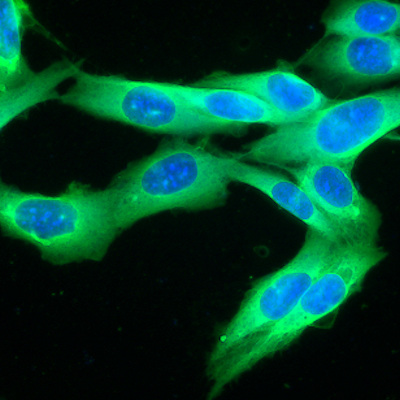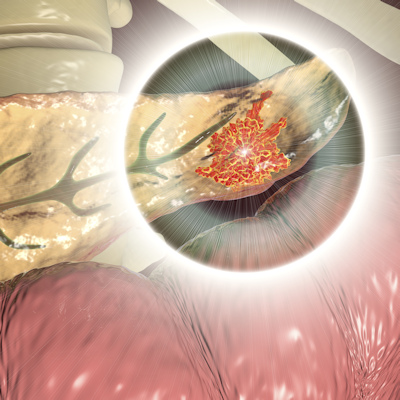November 10, 2022 -- Women are protected from a form of cell death that occurs in injured kidneys, according to a new study from Duke Health. The mechanism could be used as a potential treatment pathway for renal repair in the future.
Using mice, the research team focused on ferroptosis, which is a form of cell death dependent on iron and oxidative stress (Cell Reports, November 8, 2022). The scientists used genetic and single-cell RNA transcriptomic analysis and found females are protected against ferroptosis through the nuclear factor erythroid 2-related factor 2 (NRF2) pathway.
The pathway is highly active in females and keeps cell death at bay. However, in males, testosterone reduces NRF2 activity and promotes ferroptosis while also undercutting cell resiliency in kidney injury.
In addition, the scientists said that chemically activating NRF2 protected male kidney cells from ferroptosis, and this showed that NRF2 could be a potential therapeutic target to prevent failed renal repair after injury.
"Kidney disease afflicts more than 850 million people worldwide every year, so it's important to understand why female kidneys are more protected from these acute and chronic injuries," Dr. Tomokazu Souma, PhD, assistant professor in Duke's Department of Medicine, said in a statement. "Our study is a step toward identifying the causes and suggests that this female resilience could be therapeutically harnessed to improve kidney repair in both sexes."
Copyright © 2022 scienceboard.net









